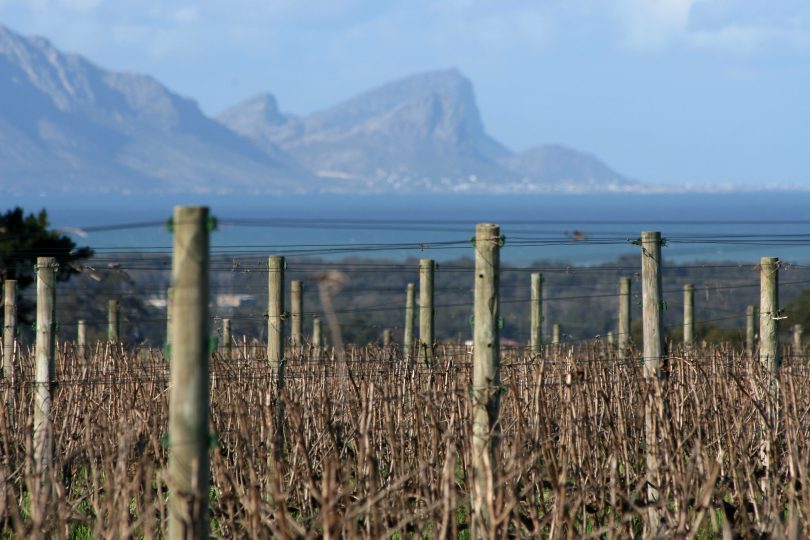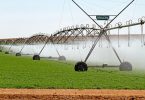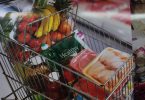The land debate promises to be a hot election ticket as the nation prepares to head to the polls in 2019. As the propaganda and hysteria mounts around this emotive topic I propose that we consider a more utopian approach to land reform. It all hinges on the question; “How can the country’s agricultural land be placed not into the ownership of a few – but to the service of many?”
To put this into perspective let’s consider the advent of music streaming services.
Back in the day my father’s LP collection, of no more than a 100 songs, was one of his proudest items. As a member of generation X, I realized quickly that copying songs on a cassette gave me immediate access to the entire song collection of my friends. That feels like a million years ago. Today, I use a streaming service that provides me with more songs than I can listen to, but none of them I own.
Ownership brings hardship with it. Think about a car. It costs a lot of money to buy and maintain, while most of the time it doesn’t add much value. The future of personal transport will be self-driving cars that are based on a subscription service. The future brings the promise of owning fewer things but with the benefit of many more.
This brings my argument back to contemporary agriculture. Let’s acknowledge that the poorer people are the more money they spend on food, and the more likely they are to be part of the informal economy. If I believe the rhetoric of SA politics, we should focus our efforts on this specific and unfortunately still large social group.
I propose that we start the discussion on land reform with a most desirable outcome: which is to provide the country with cheap, maybe free, food- delivered to doorsteps.
Communities, in their different forms, could arrange crops based on what they want, staple (grain, vegetables, etc), and which quantity. Comparative data about how much food one needs for a comfortable diet is available in order to avoid unreasonable demands.
These demands should be quite stable over time and vary mainly with cultural differences. Agricultural producers would compete to fulfil this wish list of food. Why? Because the agreement that they will feed these people will grant them access to land. Those producers that show that they will feed the most people come first to choose from the available land. Priority is always given to the producer who can feed the most people with the land or use the fewest hectares to feed the same amount of people. This would ensure competition and would reward those who produce most efficiently – also the right use of technology. Who are the producers? Farmers, cooperatives of farm workers, international organizations, … whoever wants to use the land to feed the people. To ensure that producers also have a financial incentive, the producer will get access to additional land (as a percentage of the land to provide food) on which they will have the right to farm cash-crops or more value-added produce like citrus etc. The land would be given free of charge.
The producers must show not only that they can feed people, but also that they can arrange transport and distribution. Needless to say, that such a door to door delivery will provide employment to community members. Not only would the benefit be cheaper and better food supply, but also would opportunities arise along the distribution chain.
No, what I propose is not socialism! There is no state deciding for the people what they want, and the state is not awarding the contracts to a preferred producer as we see it now with service delivery.
Arbitrary courts would settle disputes between the communities and the producers, and award compensation if the promised food delivery was not fulfilled. A reckless overpromising can be avoided through comparing the suggested food production with the achieved productivity of the past years.
Times of technological developments and economic uncertainty have never been good times for social utopias. Still, when we speak about restructuring the agriculture of the country, we should use this opportunity to think about solutions for food provisions that are radically different to our current systems. After all what do we have to loose.
Dr Thomas Thurner
CPUT Research Chair: Innovation in Society







